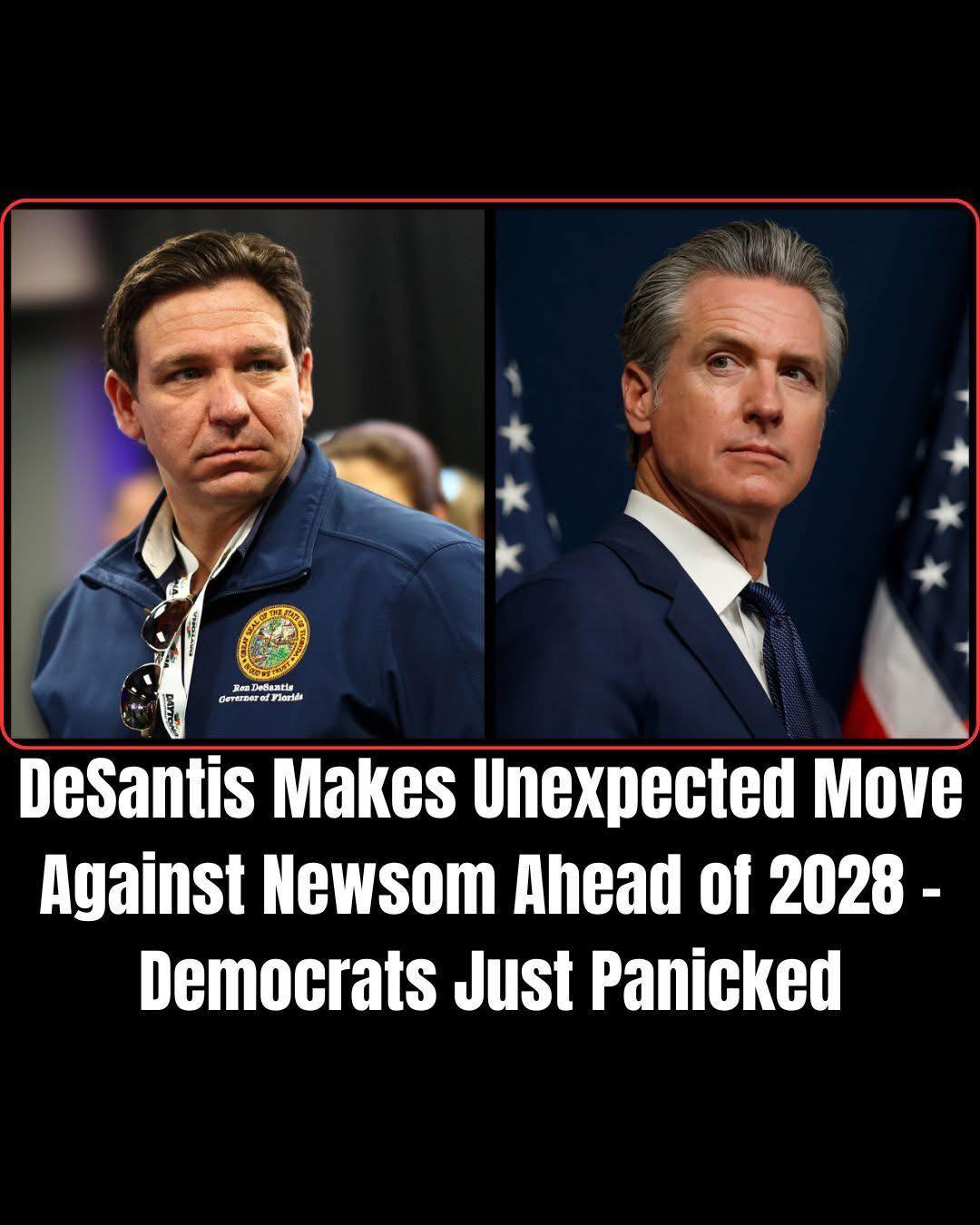Supreme Court to Decide Whether State Policies Undermine Federal Safety and Immigration Laws
TALLAHASSEE, FL — The state of Florida has filed a high-profile lawsuit against the state of California, accusing it of endangering public safety and violating federal law by issuing commercial driver’s licenses (CDLs) to undocumented immigrants. The legal action, filed directly with the U.S. Supreme Court this week, marks a rare state-versus-state challenge that could redefine the limits of state authority in immigration and transportation policy.
Florida’s Core Allegation: Safety and Federal Standards at Risk
The lawsuit, led by Florida Attorney General James Uthmeier, argues that California’s licensing policies directly conflict with federal regulations, which require commercial drivers to be proficient in English and meet standardized safety qualifications in order to operate vehicles across state lines.
“We’re doing everything right here in Florida,” Uthmeier said during a press conference. “But when states like California hand out licenses without proper verification or oversight, we’re left to deal with the consequences — including fatal crashes caused by unqualified, unvetted drivers.”
At the heart of Florida’s argument is the claim that California’s licensing of undocumented individuals creates an “interstate public nuisance” and places the lives of American drivers at risk, not just within California’s borders but across the nation.
Fatal Crash Sparks Legal Action
The lawsuit follows a deadly crash on Florida’s Turnpike in August that left three people dead. The driver, 28-year-old Harjinder Singh, was a California resident and undocumented immigrant who had been issued a CDL by California’s Department of Motor Vehicles.
According to investigators, Singh attempted an illegal U-turn in a tractor-trailer, causing a chain-reaction collision involving multiple vehicles. Authorities say Singh struggled with English and could not read highway signage — both basic competencies required under federal law for CDL holders.
“This was not just a tragic accident,” said Uthmeier. “It was a preventable one — caused, in part, by a system that allowed someone clearly unqualified to drive an 80,000-pound vehicle on our roads.”
California’s Policy Under Scrutiny
California has allowed undocumented residents to obtain certain types of driver’s licenses since 2015 under Assembly Bill 60 (AB60), which created a pathway for non-citizens to legally operate vehicles within the state. In recent years, however, the state has expanded that policy to include CDLs, allowing individuals regardless of immigration status to apply — provided they meet basic safety training and testing requirements.
Governor Gavin Newsom has defended the policy as both pragmatic and humane. His administration argues that allowing undocumented individuals to obtain licenses encourages safer roads by ensuring that more drivers are properly trained and insured.
“This isn’t about encouraging illegal immigration,” said a spokesperson for the governor’s office. “It’s about reality. These individuals are here, they’re working, and they’re driving. It’s safer for everyone when they’re tested, licensed, and insured.”
Federal Government Responds: Funding Withheld
The controversy has already prompted a swift response from Washington. U.S. Secretary of Transportation Sean Duffy announced that the Department of Transportation will withhold $40 million in highway safety funds from California due to what he described as the state’s “noncompliance” with federal CDL regulations.
“We cannot condone any policy that weakens national safety standards,” Duffy said. “Every CDL issued must meet federal benchmarks. That includes language proficiency, training, and lawful presence in the United States.”
Constitutional Clash: State Sovereignty vs. Federal Supremacy
Legal experts say the lawsuit could set a significant precedent. Florida’s case touches on multiple constitutional fault lines — including the Commerce Clause, which gives Congress power to regulate interstate commerce, and the Supremacy Clause, which asserts the dominance of federal law over conflicting state laws.
Michael Latham, a constitutional law professor at Georgetown University, says the Supreme Court’s willingness to hear the case could signal a landmark ruling on states’ rights and immigration enforcement.
“If the Court sides with Florida, it could significantly narrow the autonomy states have in areas like licensing and immigration-related decision-making,” Latham said. “If it sides with California, we may see a reassertion of state sovereignty, especially in blue states that continue to resist federal immigration enforcement.”
Political Implications in a Divided Nation
The lawsuit has intensified the ongoing political tug-of-war between conservative and progressive states. Florida Governor Ron DeSantis has framed the legal action as a defense of law and order — and a rejection of what he calls California’s “lawless sanctuary policies.”
“This isn’t about immigration politics — it’s about protecting the people of Florida,” DeSantis said in a statement. “When California ignores federal law, it creates ripple effects that harm other states. Enough is enough.”
Republican lawmakers across the country have praised Florida’s move, while Democrats have largely defended California’s position, calling the lawsuit a politically motivated stunt designed to stir up anti-immigrant sentiment ahead of the 2026 midterm elections.
California Attorney General Rob Bonta has not issued a formal response but is expected to argue that the state’s licensing decisions are lawful, well-regulated, and serve the public interest.
Supreme Court’s Role and What Happens Next
Because the dispute involves two U.S. states, the Supreme Court has original jurisdiction — meaning it can hear the case directly without it going through lower courts first.
Florida is asking the Court to issue an injunction that would immediately block California from issuing CDLs to individuals not lawfully present in the U.S. The petition also seeks a declaration that such licensing practices are illegal under federal transportation and immigration statutes.
The Supreme Court is expected to decide within the next few months whether it will hear the case. If it does, oral arguments could be scheduled as early as spring 2026 — and the decision could shape state policymaking for decades to come.
Why It Matters
At stake is more than just licensing policy. This case cuts to the heart of national debates over immigration enforcement, public safety, and the extent of state power in an increasingly polarized legal landscape. As the country navigates questions about who belongs on our roads — and under what rules — the high court’s ruling may become a defining moment in the balance between federal authority and state autonomy.




